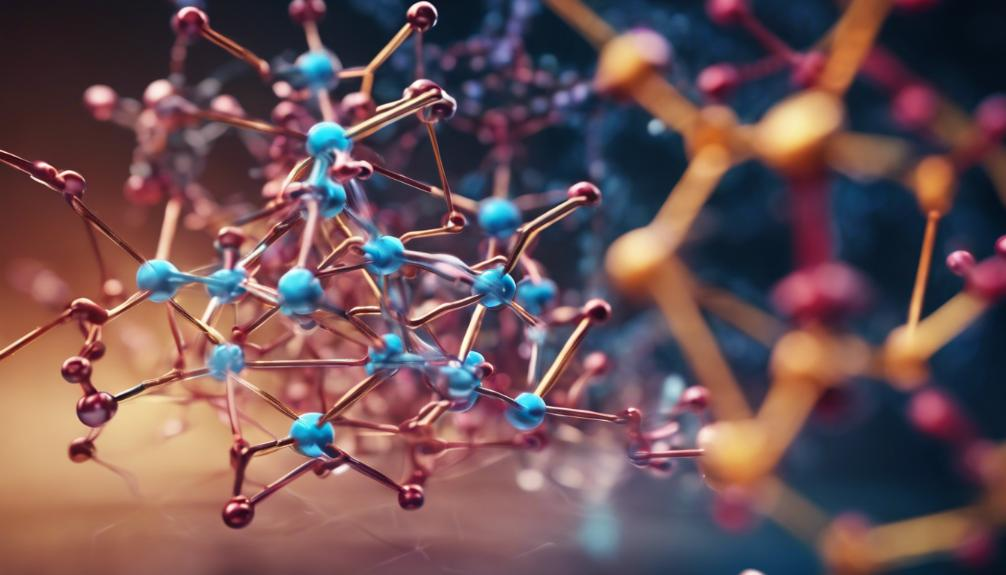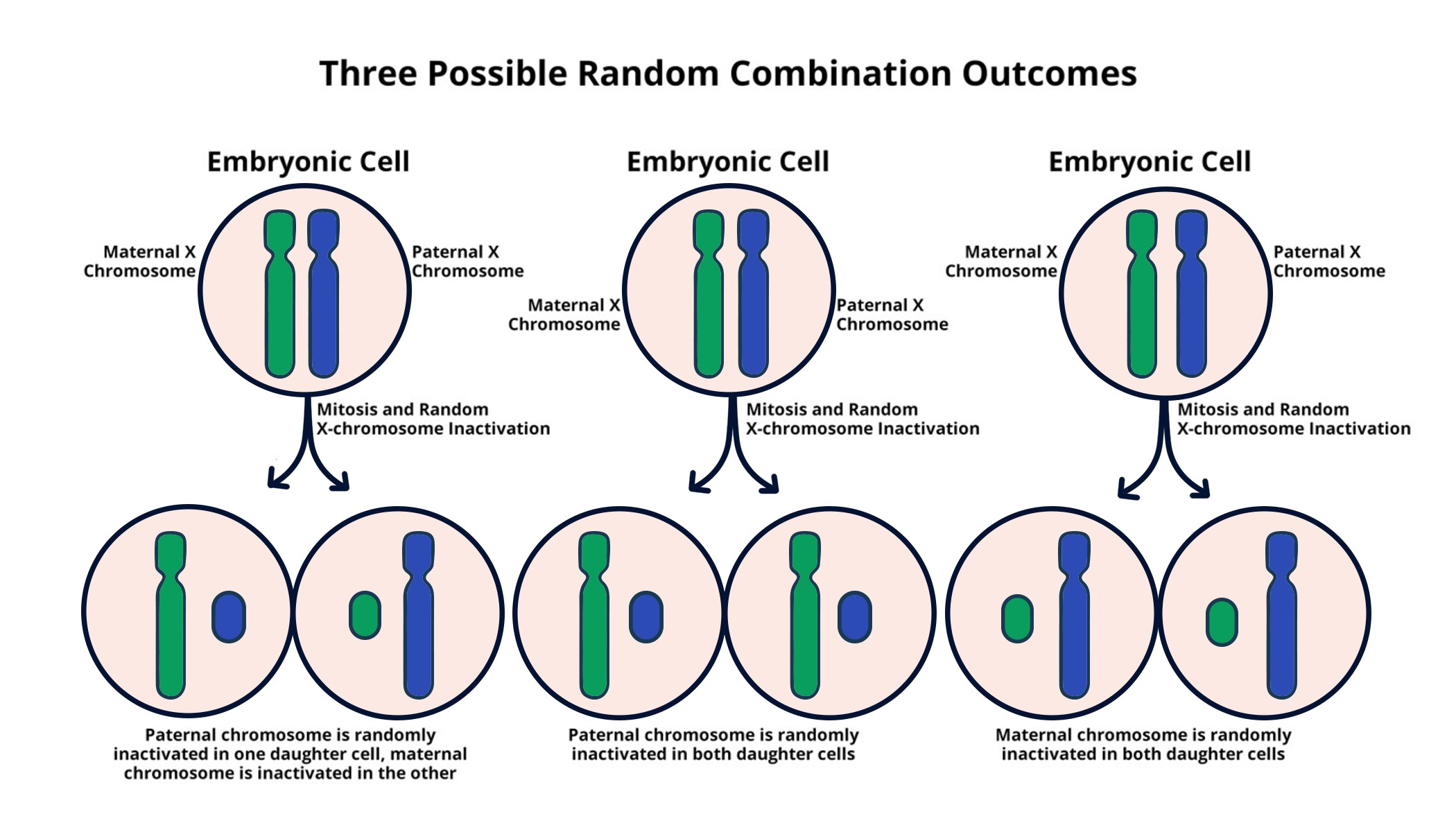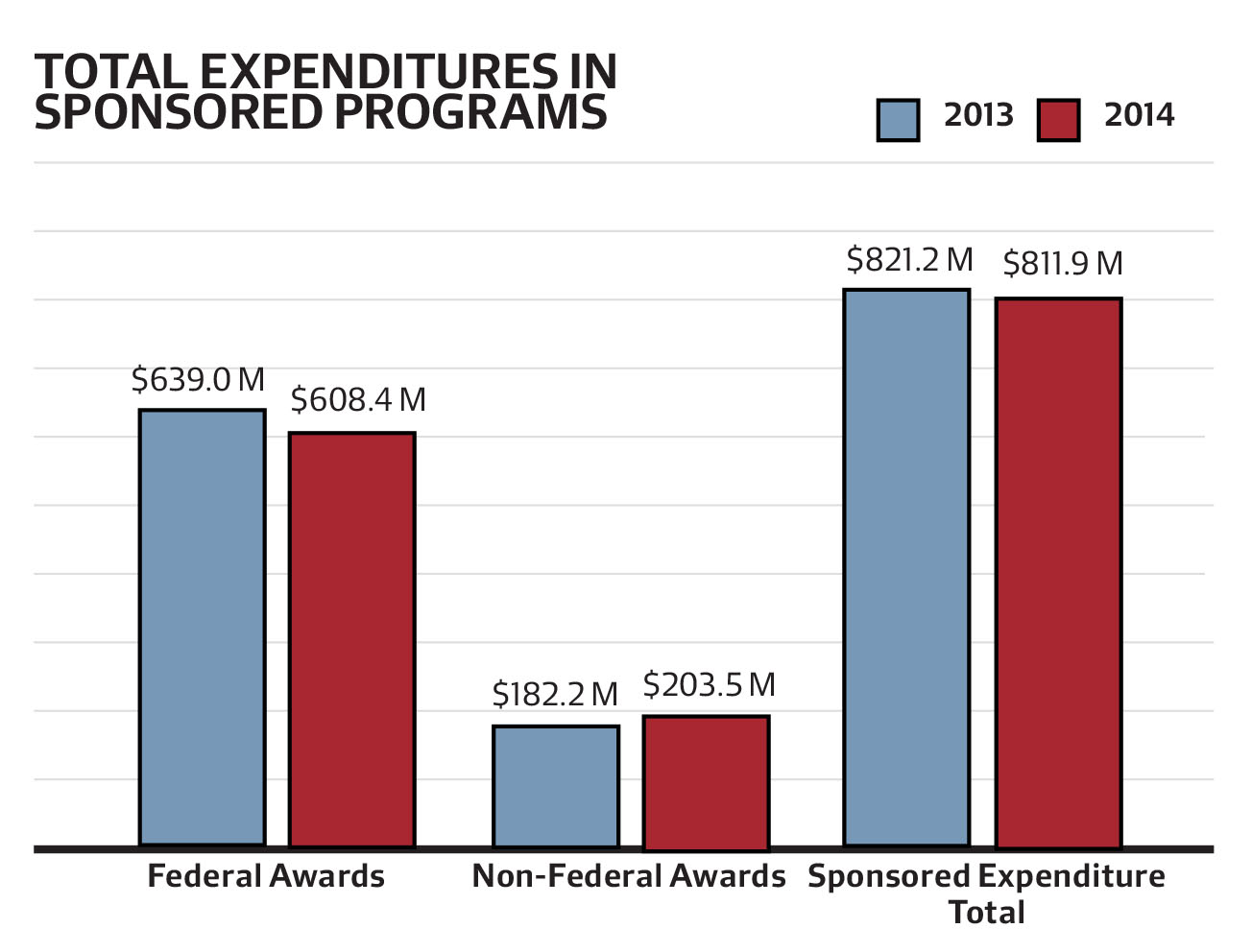Molecular quantum computing is an innovative frontier in the realm of quantum technology, paving the way for groundbreaking advancements in how we perform quantum operations. Researchers have recently achieved a significant milestone by successfully trapping molecules, enabling them to act as qubits—the vital building blocks of quantum systems. This remarkable breakthrough allows for the creation of advanced quantum gates, which can manipulate information in ways that classical computers cannot. As scientists continue to explore the intricacies and capabilities of trapped molecules, they unlock the potential for significant quantum computing breakthroughs that can revolutionize fields such as medicine and finance. The synthesis of molecular structures into quantum systems promises exciting developments, setting the stage for a future powered by next-generation computational technology.
The future of quantum information processing lies in what is being termed as molecule-based computing, which positions complex molecular structures at the heart of these advanced systems. For years, physicists and engineers have sought to utilize intricate arrangements of molecules to effectively perform quantum algorithms, offering a more robust alternative to traditional quantum computing methods based on simple particles. By harnessing the unique properties of trapped molecular systems and their ability to exhibit superpositions, researchers envision a revolution in computational speed and efficiency. This approach not only enhances the reliability of quantum gates but also opens avenues for substantial advancements in fields previously limited by computational capabilities. As this area of research evolves, it holds great promise in redefining our understanding of quantum technologies.
The Milestone of Molecular Quantum Computing
The recent breakthrough in molecular quantum computing marks a pivotal moment that could revolutionize the entire field of quantum technology. The successful trapping of sodium-cesium (NaCs) molecules to perform quantum operations signifies the culmination of two decades of tireless research. Researchers have long sought to exploit the unique properties of complex molecular structures to facilitate ultra-fast quantum operations. By leveraging these intricate molecules as qubits, scientists are poised to harness a new dimension of computational power that may enable results unattainable by current quantum systems.
This milestone demonstrates not only the versatility of molecular systems in quantum computing but also their potential usability for creating sophisticated quantum gates. The process employed by the Harvard team, which enables precise control over the rotation and interactions of trapped molecules, lays the foundation for developing a robust molecular quantum computer. The high accuracy achieved in generating two-qubit Bell states further establishes the reliability of using molecules within quantum technology, showcasing an exciting new frontier for future quantum computing breakthroughs.
Molecular Applications in Quantum Systems
The trap and manipulation of molecules for quantum operations herald unique applications within various fields, such as cryptography, artificial intelligence, and complex simulations. Unlike classical systems that rely on traditional bits, quantum systems can take advantage of superposition and entanglement to process information at unprecedented rates. The Harvard team’s work demonstrates how the inherent complexity of molecular structures can be effectively utilized for creating functional quantum gates, allowing for the implementation of versatile quantum algorithms. This capability could lead to solutions for problems intractable for classical computing methods.
Moreover, the ability to manipulate trapped molecules in ultra-cold environments opens new avenues for exploring quantum states with increased coherence. By minimizing the unpredictable movements of the molecules, researchers enhance the stability and efficacy of quantum operations. This means that more intricate quantum algorithms can be designed and tested, potentially offering breakthroughs in computational fields such as quantum simulation, where complex many-body systems can be accurately modeled. As scientists continue to explore molecular quantum computing, the synergy between molecular structures and quantum mechanical principles promises a new era of digital computing.
The Role of Quantum Gates in Molecular Quantum Computing
Quantum gates are central to quantum computing as they dictate how qubits interact and evolve during computational operations. By employing the iSWAP gate in their experiment, the Harvard team showcased how quantum gates can manipulate the states of molecules, which is crucial for creating entangled states. These gate operations differ significantly from classical computing gates since they handle qubits that exist in superpositions, enabling parallel processing capabilities that dramatically increase computational efficiency. The ability to create reliable quantum gates using trapped molecules paves the way for more complex quantum circuits.
Furthermore, understanding the operational principles of quantum gates within molecular quantum computing serves as the framework for designing future quantum algorithms. Researchers are continuously working to enhance the efficiency of these gates through techniques such as dynamic control and error correction to mitigate the sensitivity of molecules to environmental disturbances. This effort is critical for ensuring the reliability and scalability of molecular quantum computers. As the field progresses, the exploration of new quantum gates tailored for molecular systems may yield innovative solutions and redefine our approaches to quantum technology.
Trapping Molecules: Techniques and Innovations
The technique of trapping molecules using optical tweezers represents a significant innovation in quantum computing. By employing focused laser beams, researchers can create stable environments that allow for the control and manipulation of complex molecular structures. This method is particularly effective for cooling down molecules to ultra-low temperatures, thereby limiting their motion and enhancing the precision of quantum operations. The capability to trap and control these molecules offers a level of sophistication previously unattainable in quantum experiments with simpler systems.
In addition, these advances reflect a broader trend in the quantum technology sector, where the integration of various quantum systems (like trapped ions and superconducting circuits) continues to move forward. By overcoming the challenges of molecular instability and leveraging new trapping techniques, researchers can gain deeper insights into quantum phenomena and develop new methodologies for constructing molecular quantum computers. As the understanding of these techniques evolves, they can potentially yield breakthroughs in coherent quantum operations and open the door to a variety of revolutionary applications.
Quantum Computing Breakthroughs: Future Directions
The recent breakthroughs in molecular quantum computing provide a tantalizing glimpse into the future of quantum operations. As researchers like Kang-Kuen Ni and his team spearhead advancements in this domain, the integration of molecular systems is set to enhance the scalability and capability of quantum technology. With the successful entanglement of molecules, the path is clearing for innovative approaches to quantum circuit design, where the manipulation of qubits using molecular structures can be realized on a larger scale.
Moreover, the potential applications of these breakthroughs are vast, spanning multiple disciplines including medicine, materials science, and artificial intelligence. As the understanding of molecular quantum computing deepens, researchers aim to push beyond simple gate operations to explore complex algorithms that leverage the distinct characteristics of molecular systems. This could yield not only faster computational processes but also solutions to fundamental problems in various scientific fields, advancing our understanding of everything from quantum mechanics to real-world applications.
Challenges Ahead in Molecular Quantum Technology
As promising as the recent achievements in molecular quantum computing appear, numerous challenges remain on the horizon. One primary hurdle is the issue of coherence, as molecules are often susceptible to external disturbances that can interrupt their quantum states. This fragility necessitates ongoing research to develop new methods for enhancing the stability of these systems, particularly during operational phases where quantum states are critically involved. Ensuring that molecular qubits maintain coherence over extended periods is essential for practical applications in quantum technology.
Additionally, scaling up these systems to create functional quantum computers composed of many qubits will require innovative engineering solutions. Overcoming the limitations in current trapping techniques and maintaining control over the intricate interactions within molecular quantum systems poses significant practical concerns. Researchers are actively exploring methods to overcome these challenges, including error correction protocols and advanced materials that could lead to more robust molecular qubits. The pursuit of these solutions lays the groundwork for making molecular quantum computing a mainstream technology.
The Impact of Optical Tweezers in Quantum Operations
Optical tweezers have become a revolutionary tool in the field of quantum operations, particularly in the manipulation of complex molecules. By utilizing highly focused laser beams, researchers can trap individual molecules and drastically reduce their thermal motion. This level of control is vital, as it allows for precise adjustments of the molecules’ orientations and interactions, facilitating successful entanglement and other crucial quantum operations. The ability to hold and manipulate molecules in a stable manner directly contributes to the overall efficiency of molecular quantum computing processes.
Incorporating optical tweezers into quantum experiments not only enhances precision but also expands experimental capabilities. This technique allows scientists to investigate different molecular interactions and explore novel quantum gates tailored for specific operations. As development continues, the integration of optical tweezers in molecular quantum computing systems is set to provide unprecedented insights and push the boundaries of quantum technology even further, demonstrating the invaluable role of advanced manipulation techniques.
Future Horizons in Trapped Molecule Research
The future of trapped molecule research in quantum computing is filled with potential and excitement. As advancements are made in quantum technology, the role of trapped molecules is expected to evolve, paving the way for new quantum devices that leverage the unique properties of complex molecular systems. The findings from recent experiments provide a solid conceptual framework that researchers can draw upon to explore deeper into the possibilities of molecular quantum systems, particularly regarding their use in building scalable quantum computers.
Furthermore, interdisciplinary collaboration will play a crucial role in realizing the full potential of molecular quantum computing. As physicists, chemists, and engineers come together to share insights and approaches, strategies for optimizing the performance of trapped molecules will emerge. This collective effort will be fundamental in addressing the present challenges and unlocking future breakthroughs, underscoring the significance of molecular quantum research in shaping the next generation of quantum technologies.
The Synergy Between Quantum Mechanics and Molecular Structures
At the heart of molecular quantum computing lies the intricate relationship between quantum mechanics and molecular structures. The unique properties of molecules, including their complex energy levels and entangled states, make them ideal candidates for quantum computing implementations. By harnessing quantum mechanical principles, researchers can manipulate molecular states to perform computations that leverage superposition and entanglement—two foundational aspects of quantum theory that distinguish quantum computers from their classical counterparts.
This synergy provides a robust framework for developing quantum technologies that exploit molecular qualities, transforming our understanding of information processing. As researchers uncover more about how molecular structures can serve as qubits, the opportunities for innovation within quantum computing expand significantly. The quest to fully harness this synergy will drive further research and potentially lead to advancements that break through current limitations in quantum computing, paving the way for future breakthroughs and technological advancements.
Frequently Asked Questions
What is molecular quantum computing and how does it utilize trapped molecules?
Molecular quantum computing refers to the use of complex molecules as qubits to perform quantum operations. Researchers have successfully trapped ultra-cold polar molecules to conduct quantum operations, leading to significant advancements in quantum technology. This approach leverages the intricate internal structures of molecules, which were previously seen as too unstable for use in quantum systems.
How do quantum operations work with trapped molecules in quantum computing?
In molecular quantum computing, quantum operations are executed using trapped molecules as qubits. For instance, the Harvard team demonstrated this by creating an iSWAP gate, which entangles two qubits. By manipulating the rotational orientation of trapped sodium-cesium (NaCs) molecules, they conducted quantum operations that achieved high accuracy, showcasing the potential of trapped molecules in quantum technology.
What are quantum gates and how are they used in molecular quantum computing?
Quantum gates are fundamental components in quantum computing that operate on qubits, facilitating quantum operations. In molecular quantum computing, these gates manipulate the states of trapped molecules, allowing for the creation of entangled states and complex quantum circuits. The successful use of an iSWAP gate in recent experiments emphasizes the importance of quantum gates in harnessing the power of molecular structures.
What advantages do molecules offer in achieving quantum computing breakthroughs?
Molecules bring unique advantages to quantum computing, including their complex internal structures, which can be controlled when trapped in ultra-cold environments. This stability enables precise quantum operations, allowing researchers to explore new avenues in quantum technology. By utilizing the intricate features of molecules, scientists can potentially enhance the performance and capabilities of future quantum computing systems.
How does the entanglement process work in molecular quantum computing?
Entanglement in molecular quantum computing involves creating a correlated state between two qubits, which can be achieved by manipulating trapped molecules. In a recent breakthrough, researchers produced a two-qubit Bell state by controlling the interaction of sodium-cesium molecules. This process leverages the molecules’ dipole-dipole interactions, leading to high-fidelity quantum entanglement essential for advanced quantum operations.
| Key Point | Details |
|---|---|
| Breakthrough in Trapping Molecules | For the first time, a Harvard team led by Kang-Kuen Ni successfully trapped molecules to perform quantum operations. |
| Use of Ultra-Cold Polar Molecules | The team used ultra-cold polar molecules as qubits, allowing control over complex molecular structures. |
| Development of iSWAP Gate | The researchers created an iSWAP gate to generate entanglement, a key feature for quantum computing. |
| Entanglement Achievement | Successfully entangled two molecules with a two-qubit Bell state achieved at 94% accuracy. |
| Implications for Future Quantum Technologies | This milestone represents a significant step towards building a molecular quantum computer, leveraging molecular complexity. |
Summary
Molecular quantum computing is an evolving field that has recently seen groundbreaking advancements. The successful trapping of molecules to carry out quantum operations represents a pivotal moment in quantum technology. With the utilization of ultra-cold polar molecules and the development of key components like the iSWAP gate, researchers are unlocking the complex potential of molecular systems for future quantum computers. This innovative approach not only enhances the stability and efficiency of quantum operations but also opens avenues for unprecedented computational capabilities. As scientists continue to explore this technology, the prospects for molecular quantum computing to revolutionize various domains grow ever more promising.



